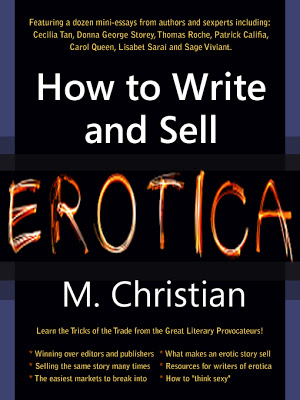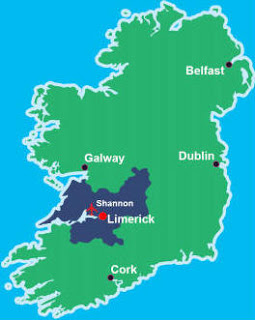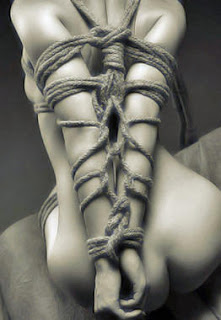 |
| Vanessa Redgrave as the masochistic nun in Ken Russell’s The Devils |
On the social consumption of sin as spectacle & its exploitation in the marketplace
I’ve run across a number of erotica writers who’ve said they haven’t and won’t be reading Fifty Shades of Grey. In all honestly, this blows my mind. You can try to dismiss it, as many critics have, by calling it ‘mommy porn’. You can deplore its writing style – lord knows, even die-hard fans don’t attempt to defend the poor quality of the prose. But you can’t ignore the fact that it has now sold over 20 Million copies in the US. In the UK it became the fastest selling novel of all time.
As writers, it is important for us to interrogate its success and to attempt to understand what it means for the genre, for levels of explicitness in mainstream fiction, and for the way publishers are going to inevitably behave in the light of it.
I have a theory.
Less than three years ago, some very prominent writers and agents in the publishing world told me, flatly, that there was no market for erotica. It was unsaleable. It was a niche product that held little interest for them and would tick along at its own obscure pace. You can put sex in your murder mystery, or your sci-fi novel, or your romance, they said. But a straight-up erotic novel, with sexual desire as a central theme, was simply not saleable.
But they were wrong. I think that the rising levels of explicit sexuality in film, television, and the ubiquity of porn on the web meant that there was a large mainstream audience whose tolerance for and interest in fiction with heavy erotic content had been growing for years. And it is a comment on just how out of touch mainstream publishers have been with their market that, with a very few exceptions that were associated with individual authors, they did not cotton onto it. Many, many well written erotic novels, with good character development and credible plots, came across their desks and they slush-piled them.
Along comes Fifty Shades of Grey. A novel that started off as Twilight fanfic, and gained a considerable devoted audience within that context. Its author, E.L. James, is a retired television executive who had some advantages over most erotica writers. She knew the media landscape and the concept of ‘audience’ very well. She understood her own work as ‘marketable property’. She had a keen sense of how to pitch the work just right to convince publishers that they should reconsider their ambivalence toward erotica. But mostly, I think she had an instinctive understanding of how a mainstream public needed to find engagement with kinky sex, while providing them with a moral escape clause.
Fifty Shades of Grey does an interesting dance with the explicit. It revels in the details of the taboo of BDSM while seeming to condemn it. Like the torrid pseudo-journalistic pieces written about Tiger Woods’ illicit affair, it whispers to a rather creepy corner of the mainstream psyche which has a propensity to enjoy the titillation inherent in a sin while, at the same time, censuring Mr. Woods for being such a faithless bastard.
And many, many readers love this. They can masturbate furiously to the scenes played out in the Red Room of Pain, while waiting for the heroine to cure Mr. Grey of his perversions.
I am reminded of the masses who enjoyed the spectacle of the Salem Witch Trials or denunciations of heretics during the Spanish Inquisition.
“She consorted lewdly with the Devil!” the inquisitor proclaims, partly for the judges but loudly enough to entertain the masses. He lovingly details the proof of her perfidy. The women gasp and feel a quiver between their thighs right before they all scream, “Burn the witch!” If you’ve never seen Ken Russell’s “The Witches“, based on the historical events of the trials of the witches in Loudun, France, in 1634, you should. He understood and then illustrated the eroticism and hypocrisy that plays out in these sorts of public discourse on morality and sin with an insight that few others have.
I don’t think a large portion of mainstream society has evolved much since then. And for erotica writers, who usually situate themselves firmly in the sex-positive camp, this is very hard to comprehend. We write novels about how erotic experience and the exploration of new sexual territories helps us grow as individuals. For us, sex in a doorway. Very often our themes are about revelation, completion, redemption through experience. Not through shame or rejection or closing down our sexual options.
From the point of view of mainstream publishers, Fifty Shades of Grey is simply a very successful product. In the last year, in the editorial boardrooms in London and New York, large publishers have spent time analyzing the success of the novel and figuring out how they can get on the bandwagon. They may not be risk-takers when it comes to new literary product anymore, but they’re damn good post-game quarterbackers. The moral dynamics that underlie FSOG will not have escaped them, nor will the poor quality of the writing.
If you had hoped to produce a ‘better written Fifty Shades’: “Thirty Shades of Grammar” or “Eighty Shades of Character Development” or “Twenty-Six Shades of Plot”, I don’t think your efforts are going to be appreciated. Publishers have proof that the vast majority of people who have bought, read and enjoyed the series simply don’t care about the quality of the writing. In fact, its very hamfistedness may play a subtextual role in convincing the reader of Anastasia’s innocence and her genuine desire to cure the perverted Mr. Grey.
Of course, in the over 40 million world-wide readers, some of them will wish for and seek out better written erotica. And there will be some who are emotionally and sexually honest enough to admit the BDSM in the novel was what drew them to it and felt unaccountably let down when the heroine finally succeeds in leading Mr. Grey into the vanilla light. It will not be a large percentage of them. And, consequently, there will be something of an upsurge in erotica sales for years to come.
But I don’t believe it will be the explosion we are hoping for. I genuinely hope I’m wrong in this, but I don’t think I am. Nonetheless, we may have gained a few more intrepid souls.







